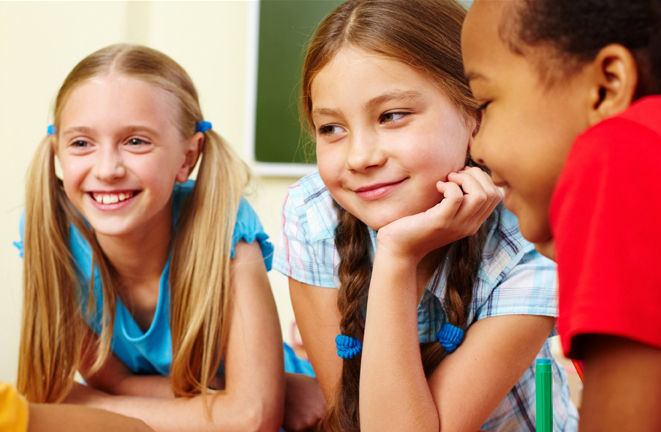For Children Attending School
- Dec 15, 2016
- 3 min read

Here’s article addressed to children in a school situation. Make what use of it you can.
Out of every 168 hours that there are in a week, you spend about 60 of them asleep, and out of the remaining 108 hours you are at school for about 36. That’s about a third of the time that you are not asleep!
So it would probably be a good idea to have as pleasant an environment as you can possibly have during those hours. This booklet gives you some guidelines about how to achieve that for yourself and for others within the school environment specifically. If every student at school applied these things, then three big things would happen:
a) your education would be a lot smoother
b) you would end up being a more successful person in life, and
c) you would be happier in yourself and amongst your friends. None of this is hard!
Read through and see what you think.
PART ONE: GETTING STARTED
1. Decide to take responsibility for keeping to these guidelines yourself. ___
2. Help others to keep to the guidelines as much as you can. ___
3. If you need help in sticking to these guidelines, talk to your teacher or tutor. ___
4. Make sure that you understand all the words in this booklet. ___
5. Each week, have a look over this booklet and see how you are doing. ___
PART TWO: MOVING FORWARD
1. Look for a display of the school rules or read the school rules booklet and make sure that you understand them. If you have a question, ask your teacher or tutor. ___
2. Make sure that you understand the words in the school rules. ___
3. Look for a display of rewards in your class. Make sure that you understand any words in the display and that you know how to achieve each reward. Plan how you could achieve a reward and get help with it if needed from your teacher. ___
4. Model in yourself the behaviour you want to see from your friends and other children. ___
5. Be respectful, kind and thoughtful
i) in the lunch hall and playground
ii) in and around classrooms
iii) at the beginning and the end of the school day. ___
6. Come in from the playground and move around the school in an orderly manner. ___
7. Learn the names of all your teachers and the children in your class. ___
8. Praise anything good wherever you see it - much more than you might think is needed, without going ‘over the top’ or being silly. ___
9. If you see something that is wrong, report it to a teacher or other staff member. Don’t let it drift by or assume that it ‘just has to be that way.’ ___
10. Celebrate in a big or small way any successes in your own behaviour and in the behaviour of others. ___
11. Be kind to any students with special needs. ___
12. Build positive relationships with those around you as much as you can. ___
13. Meet and greet others (teachers, staff and students) courteously around the school and in the classroom. This includes saying ‘Please’ and ‘Thank you’ when appropriate, holding doors open for people, putting up your hand if you wish to say something, and following all the little procedures of a classroom. ___
14. Make sure that you understand your timetable and know where you are supposed to be during the week. If you have any questions about this, ask a teacher. ___
15. Report any bullying, either of yourself or another, to a teacher immediately. ___
16. Do your best to make sure that you are prepared in advance for each lesson with all the materials and books that you need. ___
17. Praise people for doing the right thing more than criticising those who are doing the wrong thing. ___
18. Stay calm at all times and do not permit another’s behaviour to take control of your responses. ___
19. Have clear routines for moving from one activity to another at school. ___
20. When you have done something particularly outstanding, ensure that you communicate this to your parents or carers at the earliest opportunity. ___
21. If you have to communicate bad news to a parent, do so in a calm, accurate and private way. ___
22. Maintain a good communication with your teachers at all times and make sure that they know of any potential situation with you or amongst your friends. ___
(NOTE: Teachers/tutors could use this booklet as a guide to rewarding good behaviour. The more rewards, the better.)
For more on education, visit Education and Parenting World here.
Comments